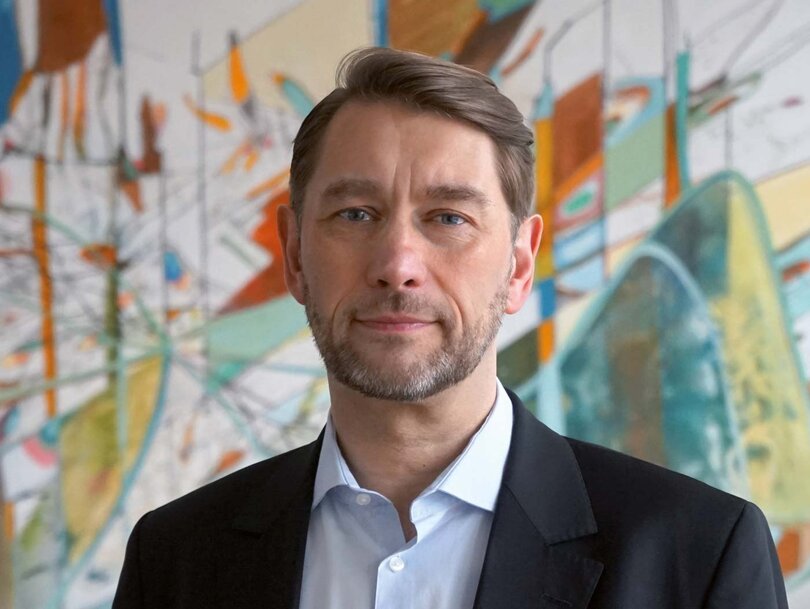Dear Readers,
Erasmus+ is playing an increasingly important role at higher education institutions – both in terms of volume and funding opportunities. With a budget almost doubled to 28 billion euros compared to the previous programme phase, the Erasmus+ programme generation 2021-2027 has created new opportunities for strategic international collaborations and orientation. For example, institutions are now free to spend up to 20 percent of their Erasmus funding on student and staff mobilities in countries outside the Erasmus area. Doctoral students can be funded to an even greater extent than was the case until 2020, namely for up to 12 months and worldwide. And Blended Intensive Programmes (BIPs) allow collaboration on common areas of interest, for example in seminars with in-person meetings combined with online preparation and follow-up sessions. This format is available globally, albeit with some restrictions.
The relevance of Erasmus in higher education
As a consequence of these developments, the role of the Erasmus programme and that of coordinators is changing at higher education institutions. This edition of the DAADeuroletter titled «Erasmus+ at My University» takes a closer look at these changes. In several articles, we examine the different funding options, their possible applications and benefits, but also the challenges they entail. We do this from the perspective of the National Agency and, in this edition – more so than usual – from the perspective of universities and university employees, who each describe in detail their different experiences. In doing so, we hope to provide food for thought and inspiration, and help raise awareness of these new opportunities at universities and amongst potential target groups – because this is a prerequisite for their increased uptake and their strategic use to stimulate internationalisation. With its broad range of programmes, Erasmus+ can play a key role in this.
Progress through change
In other articles, we take a look at the digital transformation of (administrative) processes and structures at German universities which Erasmus+ is driving forward. We report on activities taking place in the context of Erasmus+ and provide impressions of the Erasmus+ Annual Meeting 2023 in Magdeburg. In two articles, staff from the Hessian Ministry of Arts and Culture and the Thuringian Ministry of Economic Affairs, Science and Digital Society also describe the measures they are introducing in support of Erasmus+ and EU activities at their universities, as well as their motivation and benefits.
Mention should also be made of the interview in our Erasmus alumni series. I am especially delighted that Professor Patrick Cramer, President of the Max Planck Society since June 2023, agreed to answer our questions. Patrick Cramer went to Bristol University on an Erasmus grant in 1992 – a visit, he says, that formed a lasting impression on him.

